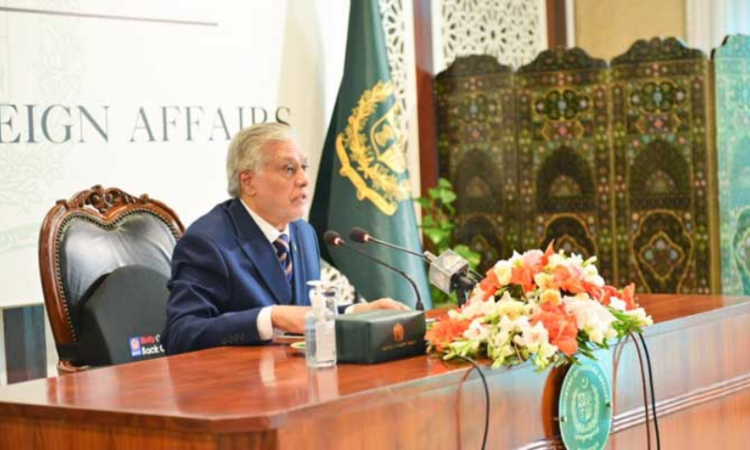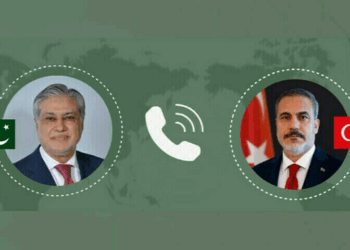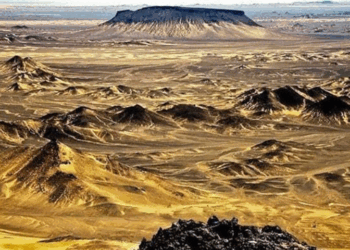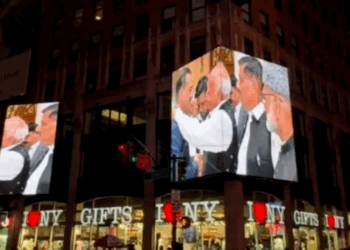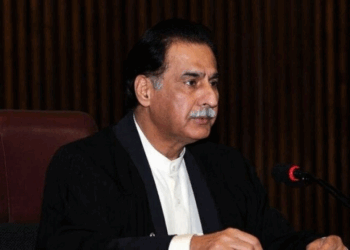Islamabad, December 4, 2024 – Foreign Minister Ishaq Dar has rejected Pakistan Tehreek-e-Insaf (PTI) claims that “straight firing” was used against civilians during the party’s “do-or-die” protest in Islamabad. He clarified that law enforcement agencies (LEAs) were equipped with water cannons, tear gas, and batons, not live ammunition.
Dar made these statements during a briefing to the diplomatic corps on the recent events following the PTI protest. He explained that police and Rangers were deployed as the first two lines of defense, with the army stationed as a third line to secure important sites such as the Diplomatic Enclave, Parliament House, and other key government buildings.
The protest, which aimed to secure the release of PTI founder Imran Khan, who has been imprisoned for over a year, ended abruptly after a midnight government crackdown. PTI has claimed that at least 12 of its workers were killed and 1,000 arrested, but the government denies using live ammunition and instead reported that four law enforcement personnel, including three Rangers and one policeman, were killed during the unrest.
Dar, who also serves as deputy prime minister, informed diplomats that the government had introduced the “Peaceful Assembly and Public Order Act, 2024,” which prohibits protests in the Red Zone and mandates permission from a magistrate for public gatherings. He emphasized that PTI’s protest violated an Islamabad High Court (IHC) order barring such demonstrations in the Red Zone.
Despite the government’s efforts to engage with PTI through Interior Minister Mohsin Naqvi, the party refused to cooperate. Dar reiterated the government’s priority to protect the Red Zone, which houses critical institutions like Parliament, the Supreme Court, and foreign diplomatic missions.
Dar also highlighted that PTI had scheduled its protest on November 24, the same day as the planned visit of the Belarusian president. He pointed out that this was consistent with PTI’s past practice of holding protests on significant dates, such as the 2014 sit-in that delayed the Chinese president’s visit, and the Supreme Court’s dismissal of PTI’s allegations of rigging in 35 National Assembly seats.
Dar noted that the government had offered an alternative protest site in Sangjani, but PTI insisted on marching into the Red Zone. He emphasized that the government had acted with restraint, using non-lethal measures, and stressed that human rights should not be exercised in ways that provoke chaos and endanger public safety.
The foreign minister also questioned the legality of the Khyber Pakhtunkhwa government’s role in organizing the march, asserting that no provincial government should use public resources for such actions in the federal capital.


